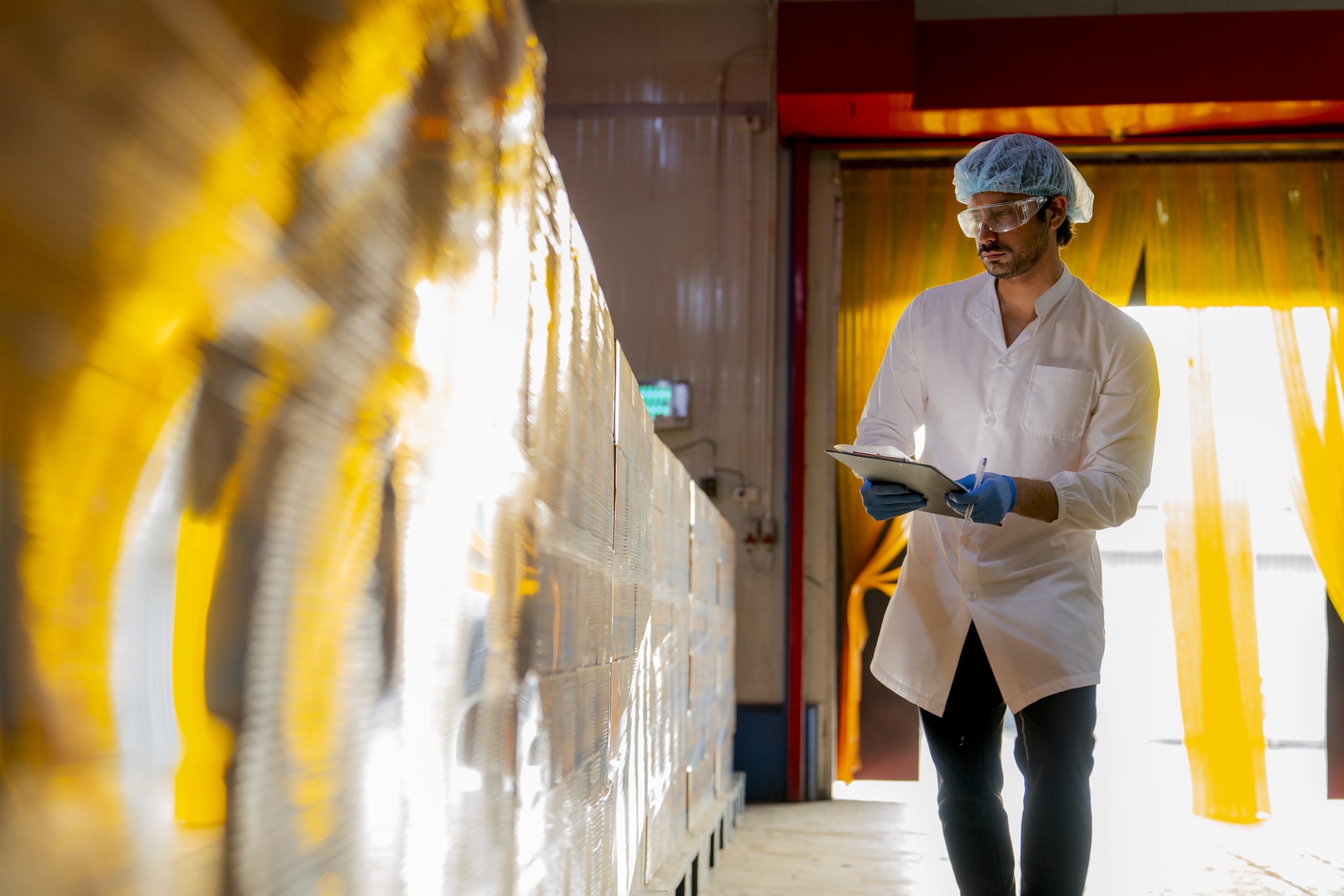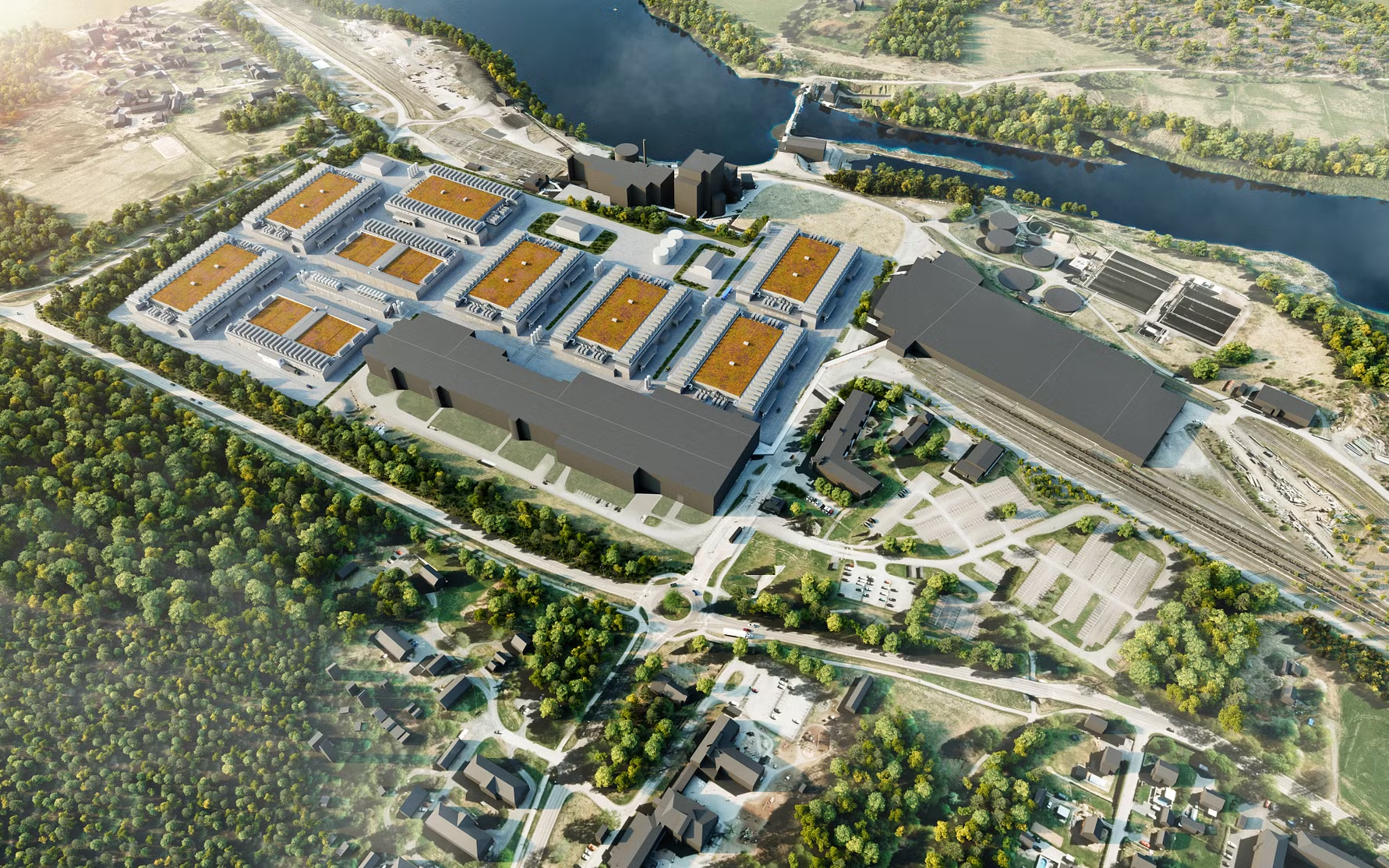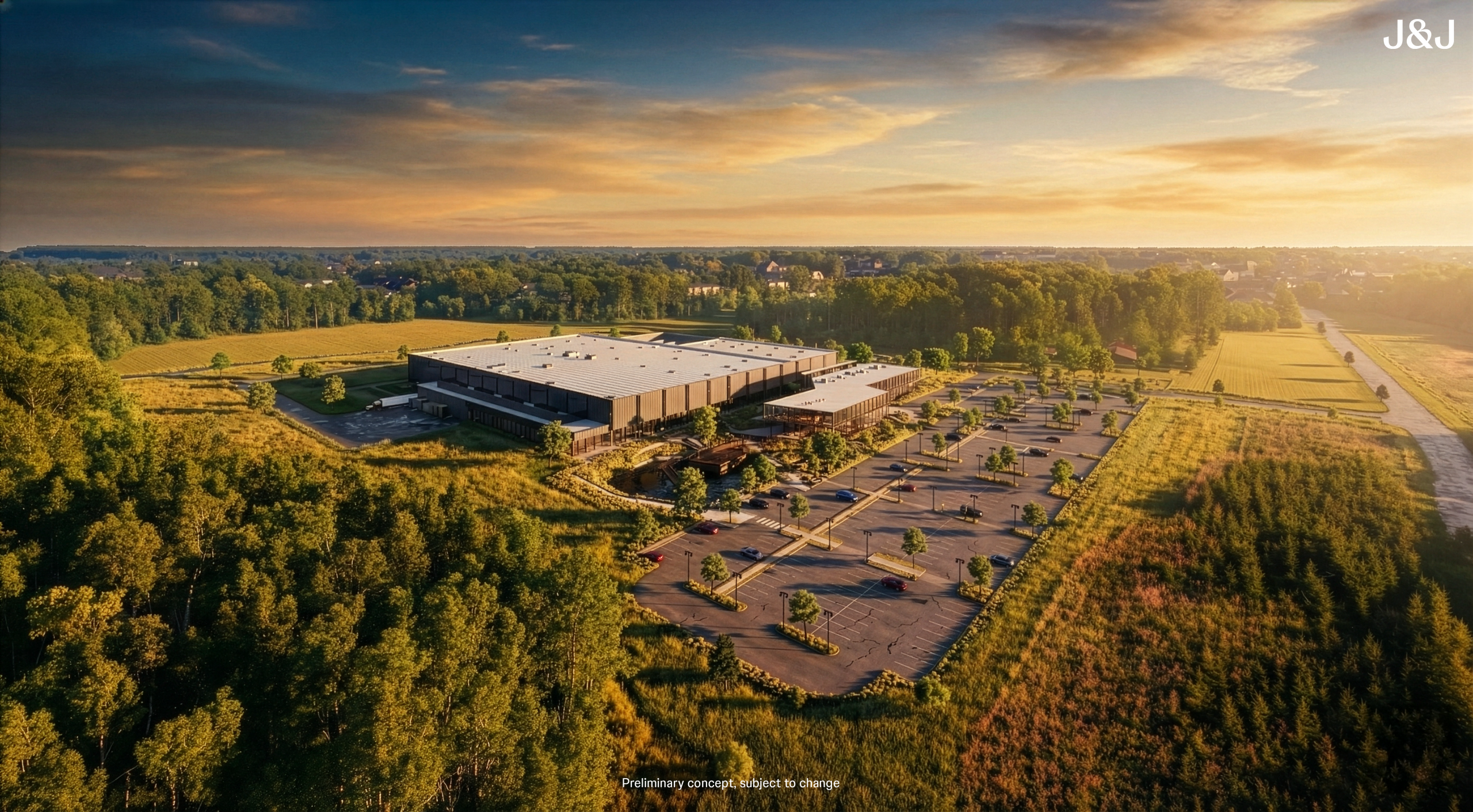CONTINUED GROWTH FOR PENNSYLVANIA’S LIFE SCIENCES ECOSYSTEM
In an effort to expand domestic production capacity Johnson & Johnson shared the company would deliver a new $1 billion cell therapy manufacturing plant. The pharmaceutical giant currently operates 10 facilities across Pennsylvania and plans to bring its fresh investment to Montgomery County, creating 500 direct biomanufacturing jobs. Production at the future plant will focus on Johnson & Johnson’s portfolio and pipeline of medicines targeting cancer, immune-mediated and neurological diseases. “For 140 years, Johnson & Johnson has been a leading innovator in American healthcare, and we are honored to continue advancing that legacy in Pennsylvania,” said Johnson & Johnson Chairman and CEO Joaquin Duato. “By uniting scientific excellence with state-of-the-art manufacturing and strategic investment, and by working collaboratively with our communities, we are delivering for patients and creating significant opportunities for workers and families.” This investment is a part of the company’s greater $55 billion commitment to invest into U.S. manufacturing and R&D through 2029.

Getty Images
A MANUFACTUER’S TASTE FOR ARKANSAS
Japan-based Nichirei Foods Inc. subsidiary, InnovAsian Cuisine Enterprises Inc., has sights set on the Craighead Technology Park located in Jonesboro, Arkansas. The manufacturer announced plans for a new 175,000 sq. ft. frozen foods production facility, following a competitive national site selection search aimed to enhance the company’s growth in the U.S. market. The region’s speed-to-market, workforce and strong local and state support were stated to be key factors behind the investment, which will be supported by a $105 million capital contribution from Nichirei Foods. “This new facility investment underscores InnovAsian’s commitment to growth and is a pivotal moment in the evolution of the brand. This is a major step forward for Nichirei’s global growth strategy in the North American market,” said InnovAsian President and CEO Joe Kent. “Our new Jonesboro facility will allow us to meet growing demand for high-quality Asian cuisine while creating meaningful jobs in the community.”

Rendering courtesy of EcoDataCenter
SWEDEN’S COMPETITIVE EDGE FOR EUROPE
A strategic $1.2 billion investment has been announced through a new partnership between Mistral AI and EcoDataCenter, as the duo aim to deliver a new AI-focused data center in Sweden. Beyond a new data center at EcoDataCenter’s Borlänge site in Dalarna, Mistral AI also plans to deploy its large-scale AI compute across EcoDataCenter’s current Sweden facilities. The move is Mistral’s first AI infrastructure investment outside of France, aiming to strengthen Europe’s technological autonomy in AI and overall long-term competitiveness. EcoDataCenter will design, build and operate the data center that will use Mistral’s AI models at scale. The new data center is anticipated to be operational by 2027. “AI is critical infrastructure for Europe’s competitiveness, security and economic growth,” said EcoDataCenter CEO Peter Michelson. “Together with Mistral AI, we are building high-performance AI infrastructure on Swedish soil – with sustainability, resilience and European strategic autonomy at its core. This investment strengthens Sweden’s position as a leading hub for advanced AI and digital infrastructure in Europe.”
Reports compiled and written by Alexis Elmore

